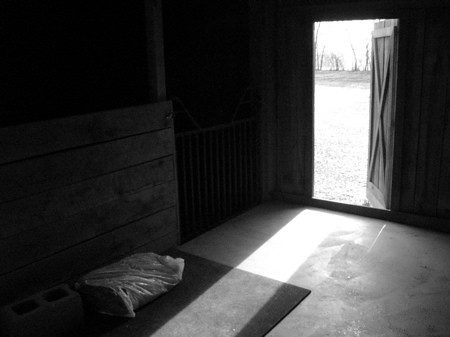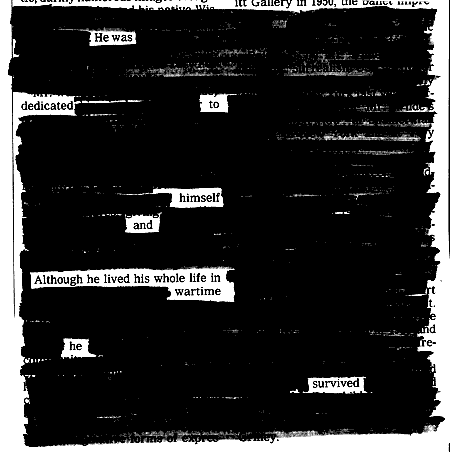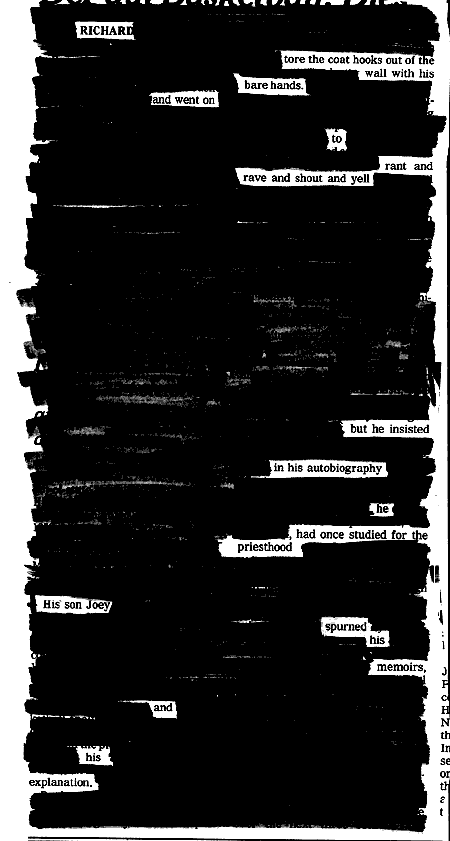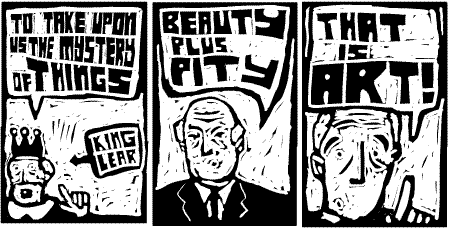
I took this in my dad’s barn…
- George Saunders, on becoming a prude.
- The Dispatch reports on the Demise of Western.
- A BBC interview with the cartoonists involved in MOME. I finally ordered #3.
- Interesting article about the creative friendship between R Kikuo Johnson and Paolo Rivera.
- USA Today always has fun articles on LOST.



